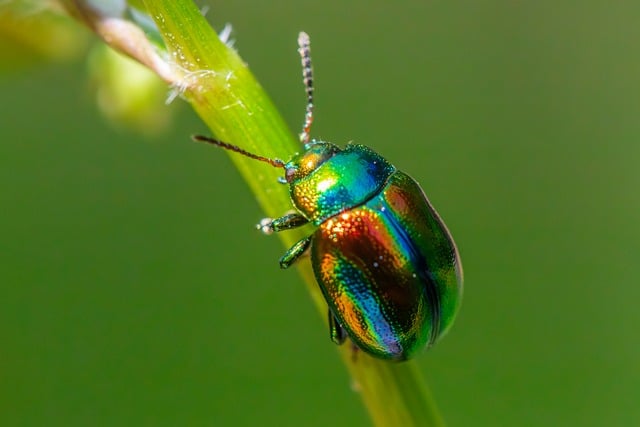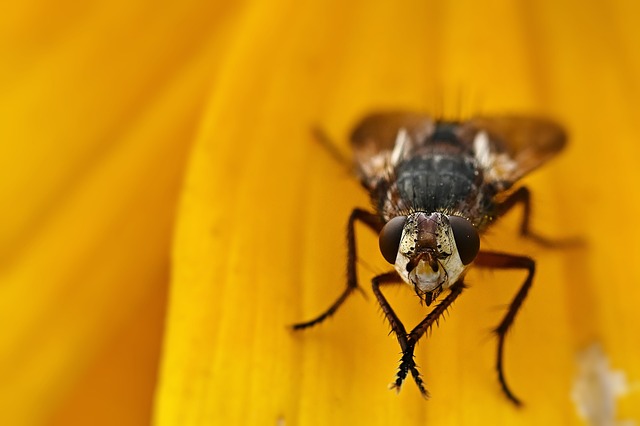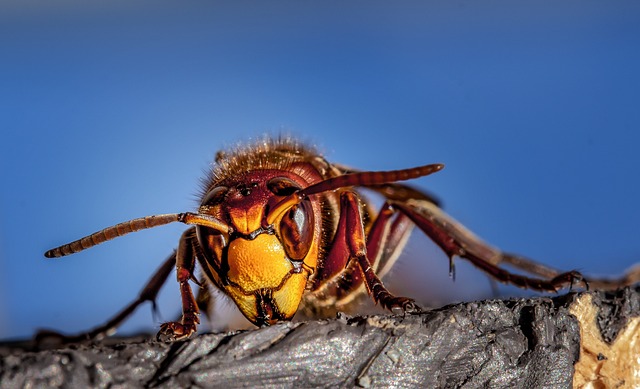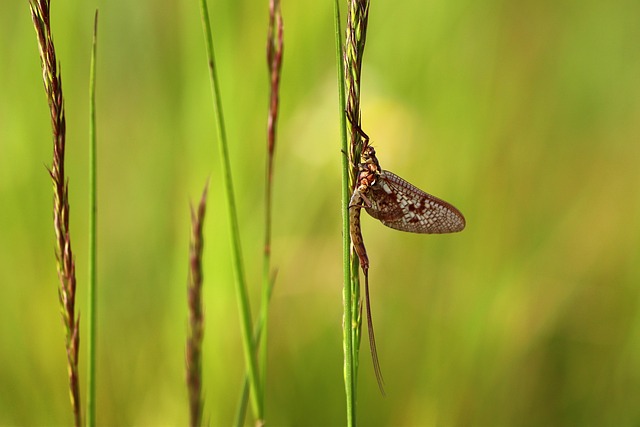Understanding termite behavior is key to implementing effective organic pest control in Littleton home gardens. By identifying entry points and using natural repellents like neem oil, homeowners can prevent damage from these social insects. Organic methods maintain ecological balance, promote garden health, and offer safe solutions for long-term termite management.
In the quest for a harmonious balance between lush home gardens and termite-free living, understanding these insidious pests is key. Littletonians increasingly seek organic pest control methods that cater to their green lifestyle. This article delves into effective strategies, starting with deciphering termite behavior unique to local home gardens. We explore both conventional and organic solutions, offering long-term prevention plans for a secure, sustainable outdoor haven.
- Understanding Termite Behavior in Home Gardens
- Organic Solutions for Effective Pest Control
- Implementing Long-Term Prevention Strategies
Understanding Termite Behavior in Home Gardens

In the tranquil setting of home gardens in Littleton, understanding termite behavior is paramount for effective organic pest control. Termites are social insects that live in colonies with a complex hierarchical structure, led by a king and queen responsible for reproduction. Worker termites forage for food, often wood, which they bring back to the colony to feed their kin and sustain growth. This constant search for sustenance makes them particularly attracted to organic matter in garden settings.
Knowing this behavior equips homeowners with insights into potential entry points. Termites are drawn to moisture, so addressing water leaks and ensuring proper drainage is crucial. Regularly trimming trees and shrubs near the house reduces shadowed areas that provide ideal hiding spots for termites. Organic pest control methods focus on natural repellents like neem oil or boric acid, which disrupt termite feeding cycles without resorting to harsh chemicals. This approach not only protects the environment but also ensures the safety of pets and family members in Littleton’s lush green spaces.
Organic Solutions for Effective Pest Control

In the quest for effective yet environmentally friendly pest control, organic solutions shine as a beacon for homeowners in Littleton and beyond. For those tending to their lush home gardens, embracing natural methods offers a harmonious blend of safety and efficacy. Instead of resorting to harsh chemicals, organic pest control presents a wide array of options tailored to specific garden needs. From beneficial insects like ladybugs and lacewings that feast on pests to plant-derived repellents like neem oil and garlic sprays, these organic treatments not only target harmful insects but also maintain the ecological balance.
By harnessing the power of nature, homeowners can create a thriving garden environment while keeping pests at bay. Organic pest control for home gardens in Littleton is about understanding the intricate web of ecosystems within your yard. By fostering beneficial relationships between plants and natural predators, you’re not just treating symptoms; you’re nurturing a sustainable ecosystem that promotes the health and vitality of your garden over time.
Implementing Long-Term Prevention Strategies

In the quest for effective termite control, implementing long-term prevention strategies is a proactive approach that homeowners in Littleton should consider embracing. Organic pest control methods offer an eco-friendly alternative to traditional treatments, focusing on natural solutions to deter and manage termite populations. For those with home gardens, this means incorporating organic practices into their routine care.
By fostering a balanced ecosystem within your garden, you can create a less appealing environment for termites. This involves maintaining proper plant health, ensuring regular water management, and promoting biological control through the introduction of natural predators. For instance, certain plants known for their repellent properties can be strategically planted to act as natural barriers against termites. Additionally, organic insecticides derived from essential oils can provide a safe and effective means to manage any infesting pests without compromising the health of your garden or the environment.
In the quest for a termite-free home garden in Littleton, organic pest control offers a sustainable and safe approach. By understanding local termite behavior, implementing natural solutions, and adopting long-term prevention strategies, residents can effectively manage these pests without resorting to harmful chemicals. This holistic method not only protects your garden but also contributes to a healthier environment for both humans and local ecosystems.
